
As the DRC records 2000 cases of Ebola, Contagion® spoke with Krutika Kuppalli, MD, about how this outbreak is unique and whether there is an end in sight.

As the DRC records 2000 cases of Ebola, Contagion® spoke with Krutika Kuppalli, MD, about how this outbreak is unique and whether there is an end in sight.

A new study combines models on PrEP use in both adult MSM as well as adolescent sexual minority males.

Meeting goals to eliminate HIV, viral hepatitis, and sexually transmitted infections by 2030 will require accelerated efforts, according to a progress report from the WHO.

Investigators at the University of Pittsburgh identified 4 sepsis phenotypes that could help pave the way to targeted treatment options for the disease.

What happens when you get a virologist and a military historian together? New insight into an old pandemic.

Here is a look at infectious disease-related US Food and Drug Administration news from the week of June 2, 2019.

We’ve rounded up a list of important US Food and Drug Administration (FDA) and US Department of Agriculture (USDA) recalls from this past week.

Stay up-to-date on the latest infectious disease news by checking out our top 5 articles of the week.

Following a rise in the number of wild poliovirus cases in Afghanistan and Pakistan from 2017 to 2018, a new report details the challenges in interrupting polio transmission.

Antibiotics and chest x-rays are routinely used to diagnose and treat pediatric CAP, despite guidelines advising the contrary.

Very early introduction of ART may alter HIV immune response long term, with implications for development of effective vaccine.
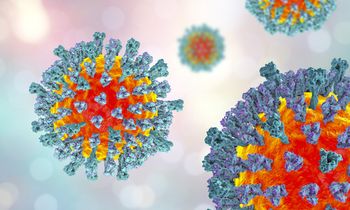
With more than 1000 cases of measles in the United States, HHS is reinforcing its commitment to vaccination.
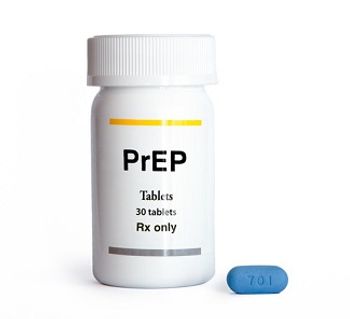
Individuals at a higher risk of contracting HIV showed greater adherence to PrEP and moved toward less risky partnership types over time.

Over 300 people are under surveillance after 1 confirmed case of Nipah virus in India.

Infectious disease exposures account for a major loss of time loss for RNs and infection preventionists. Here's the true burden.

Diversity of Group A Streptococcus strains has frustrated vaccine development efforts, but investigators have taken a step closer to finding a common gene signature in nearly all strains.
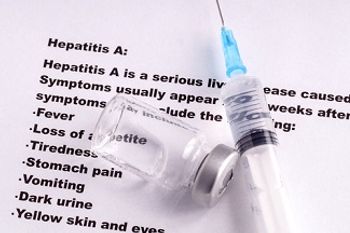
The state will allocate an additional $650,000 that will be divided up amongst areas of need.

At least 8 cases of Legionnaires’ disease have been confirmed in an outbreak within an Ohio hospital that just opened on April 28, 2019
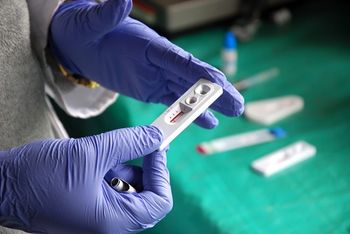
Nearly 500 children are infected with HIV after being put at risk due to poor medical practices in a country where violence against individuals living with HIV is still an issue.
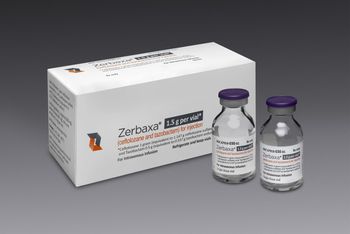
Following the approval of the new indication, Contagion® spoke with Yoav Golan, MD, of Tufts University School of Medicine, to discuss the implications of the approval.
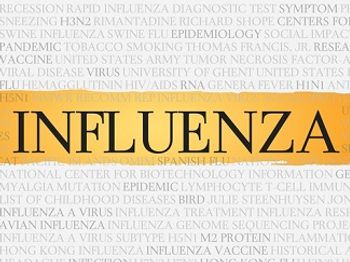
A research team led by Yale University scientists report that breathing dry air lowers defenses against influenza virus infection.

A new study investigates the association of S aureus colonization with specific Immunoglobulin E production with common food allergens and allergies in early childhood independent of eczema severity.

In addition to cUTI and cIAI, ceftolozane/tazobactam (Zerbaxa) is now approved to treat hospital-acquired/ventilator-associated bacterial pneumonia.

Following the launch of the campaign in March 2015, investigators saw a 77% increase in HIV testing compared with January and February of the same year in Beijing.

A study led by Cleveland Clinic investigators confirms that placing implantable cardiac devices inside an envelope that emits antibiotics slashes infection rates.

A new study points to gaps in registered nurses’ knowledge about stewardship efforts but highlights a clear desire to engage in programs that help reduce resistance.

Here is a look at infectious disease-related US Food and Drug Administration news from the week of May 26, 2019.

We’ve rounded up a list of important US Food and Drug Administration (FDA) and US Department of Agriculture (USDA) recalls from this past week.

Stay up-to-date on the latest infectious disease news by checking out our top 5 articles of the week.

The experimental drug protected 4 African green monkeys following a lethal dose of Nipah virus in a study conducted by NIAID, CDC, and Gilead investigators.